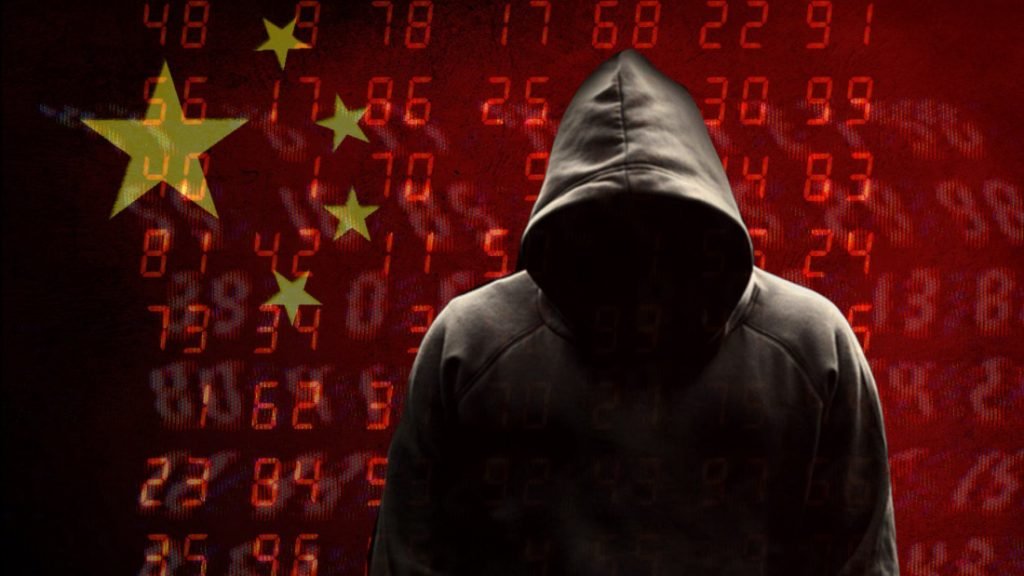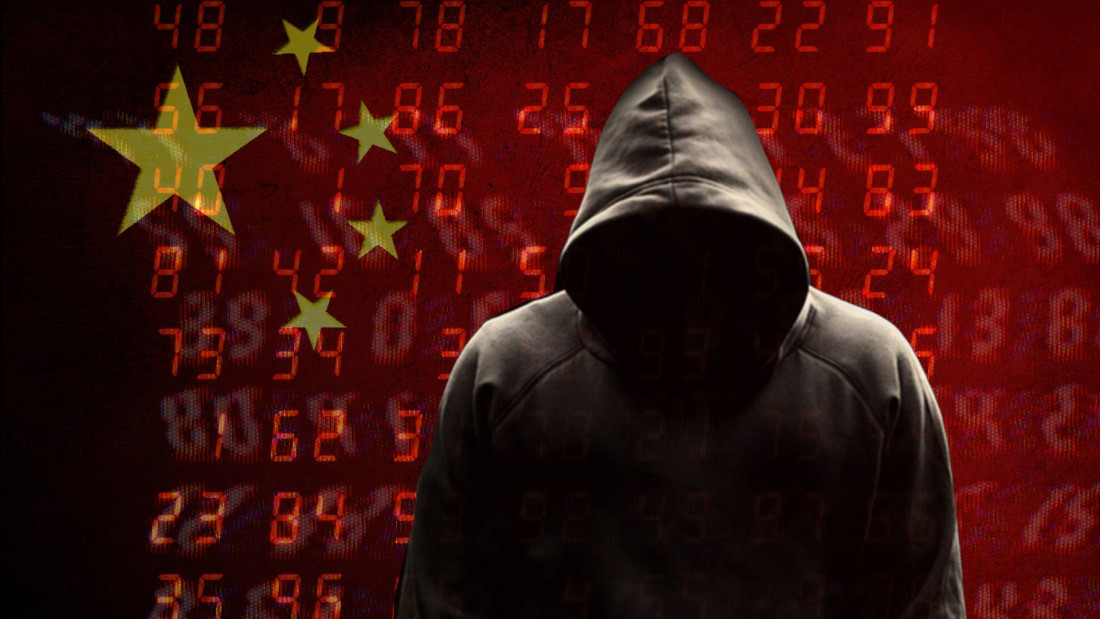
Legislators from both political parties presented a bill designed to protect American technological infrastructure
Senators Marco Rubio (Republican Party) and Mark Warner (Democratic Party), members of the U.S. Senate Intelligence Committee, presented the bill for the creation of the Office of Critical Technologies and Security.
According to cybersecurity and digital forensics experts from the International Institute of Cyber Security, the main task of this new office will be “to stop the transfer of critical technology to countries that represent a threat to national security”, as well as to ensure that the U.S. maintains its leadership in technology.
To achieve this, the new office will depend on
“coordinated work by the entire government”, based on the activities of the
Executive Office of the U.S. presidency, with a director appointed by the
President himself.
Although China is
not explicitly mentioned in the bill, the main purpose of this office will be
to halt the Chinese government’s medium-and long-term plans to consolidate
itself as a technological powerhouse, relegating the United States to a
secondary role with the help of cyberattack campaigns.
“China continues to conduct coordinated attacks
on U.S. intellectual property, its trade organizations and computer networks
with full backing from the Chinese Communist Party,” said Senator Rubio
recently.
“A coordinated approach is needed to counteract
this kind of critical threat and to ensure the protection of technologies
developed in the United States. We must do everything we can to avoid the theft
of critical developments, as well as avoid the interference in our IT
infrastructure”, Rubio added.
For his part, Warner added: “The Chinese
government will not hesitate to use all its cyber weapons to overcome the
technology developed in the U.S. and establish itself as a higher economic
power. We look forward to working with the executive branch to coordinate
action protocols and response to these threats.”
For some cybersecurity experts, mitigating these risks will not be an easy task, as two major
problems have been identified. First, the growth and sophistication of Chinese
government-sponsored hacker groups, who in recent years have deployed attack
campaigns with ever-increasing scope and damage capacity.
Second, there is the apparent pressure from the
Chinese government that foreign companies operating in China deliver their
technology to a Chinese partner. However, according to experts in
cybersecurity, this is not obligatory and is carried out less frequently than
in the past (the Tesla plant in China, for example, is 100% owned by Tesla)
Donald Trump’s administration has resorted to this to justify the trade war
between the two countries.










